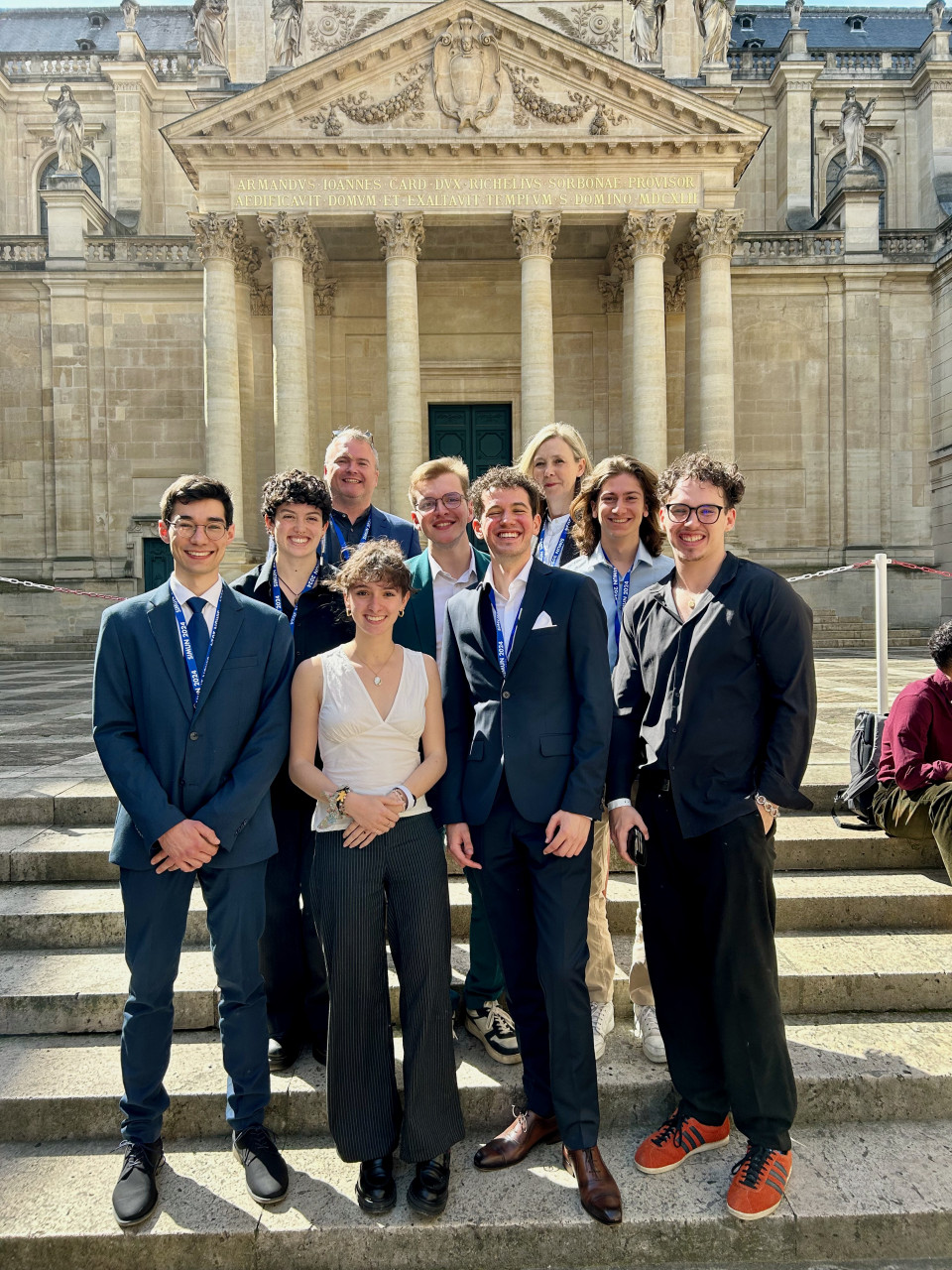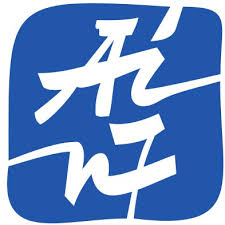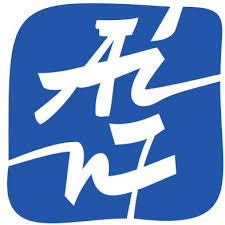Dans la continuité de la 1ère édition de la conférence Sorbonne International Model United Nations ou SIMUN qui s'est tenue du 11 au 14 avril 2024 (voir article), un des étudiants N7 concernés (Killian PLANTIN, 3EA FISA 2A) a participé le 5 octobre 2024 à la conférence SIMONU WarMUN 2024 qui s'est tenue à Bordeaux. Voici ci-dessous le compte-rendu de Killian pourcette journée.
Last month, on Saturday 5 October, I participated in SIMONU’s WarMUN 2024 conference, held at Bordeaux’s Kedge Business School. This event was organised by the school’s MUN association SIMONU, in association with the FDNU.
After my first MUN conference back in April at the Sorbonne, I was eager to participate in another conference, and was thrilled to find a one-day event nearby, in Bordeaux. I soon realised it was not just any kind of MUN conference : it was a WARMUN. Unlike typical Model United Nations conferences where committees discuss separate topics, a WarMUN is a large-scale crisis management simulation. Committee each have distinct roles and objectives but all need to work collectively to address an ongoing armed conflict.
The WarMUN scenario began with escalating tensions between Iran and Saudi Arabia in Iraq, along with the threat of wider conflict spreading throughout the Middle East. From this starting point, the conference evolved based on decisions made in the various committees.
Military and political committees, such as the Iranian Army General Staff and the Iranian and Saudi governments, directly influenced the scenario through troop movements and combat actions. Meanwhile, diplomatic committees like the Arab League, the Gulf Cooperation Council, and the United Nations Security Council (UNSC) aimed to de-escalate tensions while accounting for the interests of the belligerent nations and ongoing developments during the session.
The scenario was managed in real time by the organising team, or "backroom," who adapted it based on committee decisions. Through a Discord channel, they kept all participants updated on conflict developments. Each delegate also had a private channel to communicate discreetly with the backroom, allowing for espionage or secret political and military moves.
I took part in the debates within the United Nations Security Council, representing the United Kingdom. The UNSC’s goal was to de-escalate tensions in the region while protecting civilian populations from a humanitarian crisis. Debates within the UNSC were complicated by the Russian delegate’s stance and interests in this conflict. Eventually, we called for an international summit with members of the Arab League to better coordinate our strategies. However, historical tensions and divergent interests between Western and Middle-Eastern countries hindered the diplomatic committees from putting in place an effective action plan. Combined with the aggressive tactics from military and political committees, this led to further escalation and conflict spread.
Despite the serious undertones of the scenario, the spirit of MUN ensured that debates remained engaging and enjoyable.
Through a blend of consensus-building, navigating conflicting viewpoints and managing geopolitical conflicts, I had the great opportunity to develop my knowledge in international relations and improve my negotiation skills. Altogether, this WarMUN conference was a great introduction to the complex world of crisis management scenarios encountered in MUN simulations, and I am already looking forward to my next MUN conference.
 Killian est à gauche du groupe sur cette photo prise lors de la conférence à la Sorbonne en avril 2024
Killian est à gauche du groupe sur cette photo prise lors de la conférence à la Sorbonne en avril 2024

Commentaires0
Veuillez vous connecter pour lire ou ajouter un commentaire
Articles suggérés

